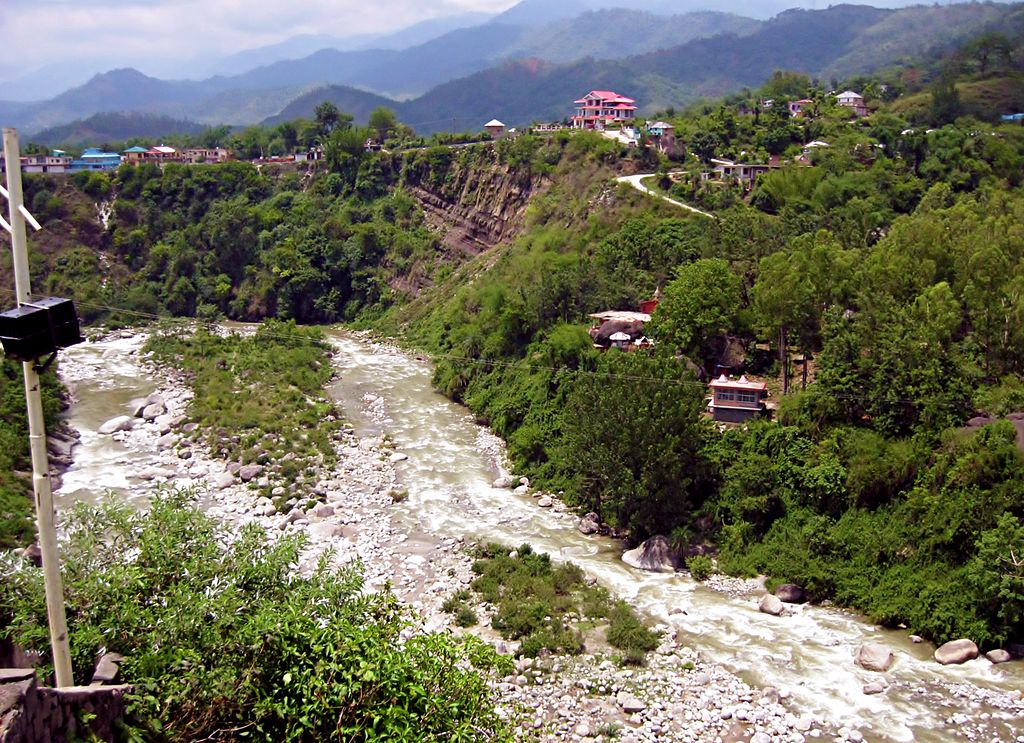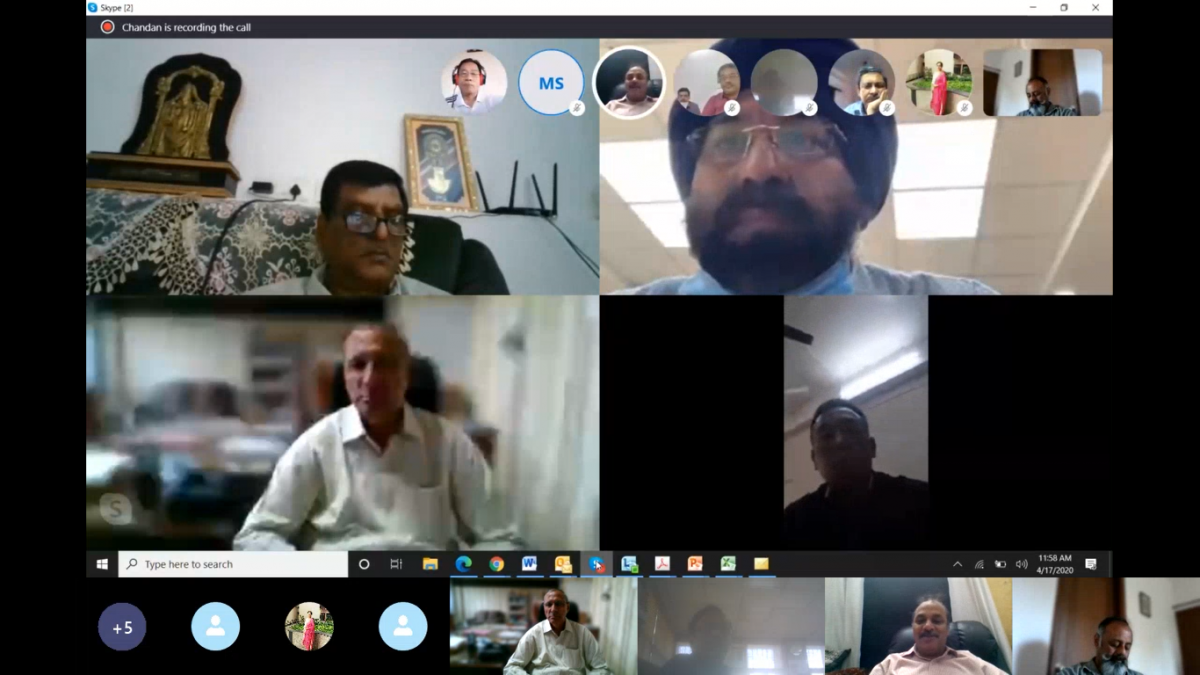Understanding the impact of local dynamics on ecosystem services reward schemes
Shared agreements to manage ecosystem services are becoming commonplace. However, the ongoing political economy of transacting communities is dynamic and, by definition, is subject to change and affects the sustainability of ecosystem management initiatives.

Photo: © Sid Bhatnagar/Wikimedia Commons
In a new paper published in Ecology and Society, researchers from IUCN, Cambridge University, and CEDAR and Oxford assess the impact of such factors on a reciprocal water access (RWA) agreement in Palampur, Himachal Pradesh, India. The RWA was signed between upstream village communities and the downstream Municipal Council. The paper examines the development and ‘life’ of the RWA to understand the various challenges that arose after the agreement was signed and implemented. Specifically, they assess how external actors drove the shared agreement through a series of facilitation and research engagements, which were pivotal to the RWA’s adoption, and how the agreement fared once external agents withdrew.
In the post-implementation phase, the RWA continues to be upheld by upstream communities amidst evolving, competing land-use changes and claims. The introduction of cash payments for environmental services for forest–water relationships has given rise to many difficulties for upstream hamlets, including hurdles to the functionality of their forest management committee. Upstream communities’ formal rights and abilities to control and manage their resources are dynamic and need strengthening and assurance; these developments result in fluctuating transaction and opportunity costs that were not originally envisaged by the RWA agreement.
This research demonstrates the importance of an explicit understanding of the local politics of negotiation and implementation to determine the effectiveness of compensation-based mechanisms for the supply of ecosystem services.
The research was carried out with funding support from the Ecosystem Services and Poverty Alleviation Programme (ESPA) (project reference number NE/I003924/1) and is published as open access with funding support through IUCN from UKaid from the UK government via the KNOWFOR programme.
Read the full article online: The politics of negotiation and implementation: a reciprocal water access agreement in the Himalayan foothills, India



